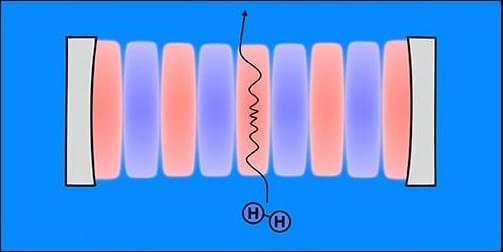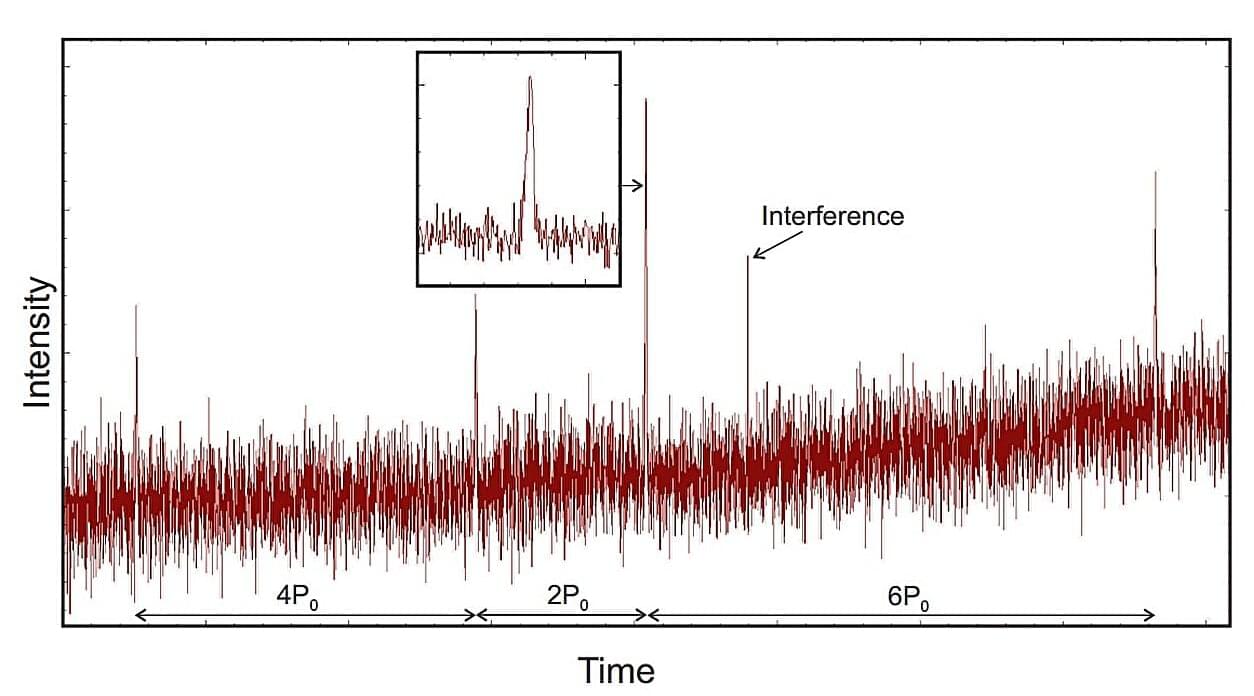A large-scale laboratory screening of human-made chemicals has identified 168 chemicals that are toxic to bacteria found in the healthy human gut. These chemicals stifle the growth of gut bacteria thought to be vital for health. The research, including the new machine learning model, is published in the journal Nature Microbiology.
Most of these chemicals, likely to enter our bodies through food, water, and environmental exposure, were not previously thought to have any effect on bacteria.
As the bacteria alter their function to try and resist the chemical pollutants, some also become resistant to antibiotics such as ciprofloxacin. If this happens in the human gut, it could make infections harder to treat.









